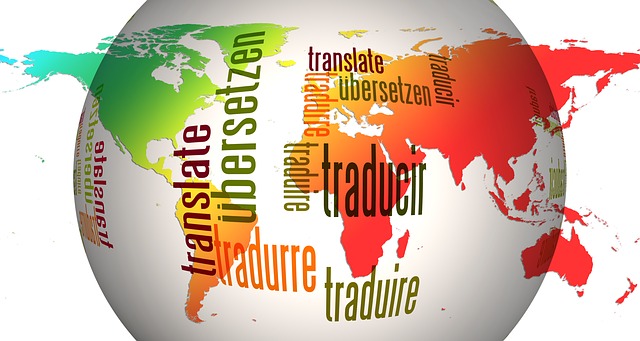
If your business requires international cooperation, you likely rely on translation to communicate with business partners and manufacturers. Hungary occupies a sweet spot in the world of business, with its European Union location assuring workplace safety high quality standards alongside competitive production costs. Particularly the international automotive industry has discovered Hungary as an attractive spot in recent years.
But regardless of your industry, cooperating with or operating in a country like Hungary means relying on effective, cross-continent communications. That, in turn, relies on translators that understand both languages and the cultures from which they originate. More specifically, here are 4 linguistic nuances only professional Hungarian translators can accurately convey.
1) Technical Jargon
Depending on your industry, you likely use very specific, technical term to communicate workplace regulations and manufacturing guidelines. Translating this jargon requires careful examination of both languages.
For example, how would you tell Hungarian automotive manufacturers to test for aerodynamic drag? A native translator familiar with your industry will know the answer. Software, however, might not.
2) Slang and Common Vernacular
As important as technical translations are to business and operational success, understanding slang may be just as crucial. Your workers in Eastern Europe will not speak their language in dictionary-like proficiency. Instead, as is the case in any country in the world, they will use slang terms and abbreviations you won’t be able to translate easily.
Unless, of course, you work with a translator who is familiar with that vernacular. Wondering what “it’s not worth the effort” translates to? It’s not, as a literal translation would suggest, “Ez nem éri meg a fáradságot.” Instead, it’s “Annyit ér, mint halottnak a csók” (“It’s worth as much as a kiss to a dead person”).
Particularly if you are engaging in internal marketing with your Hungarian workforce, partnering with someone who understands these common phrases and slang words helps you spread your brand message without confusing your audience. Ignore local slang, however, and you will induce misunderstandings at best and a loss of goodwill at worst.
3) Untranslatable Words
Every language has words that don’t translate into other language. One example in Hungarian is “honfibú,” which describes a type of melancholy, self-pity, and longing for better days that the country experienced in the past. Countless other examples exist, of course.
Even the best translator will not be able to help you find a word in English that matches honfibú, because it simply does not exist. But someone who is intimately familiar with both languages will help you find away to describe the word within the right context, making equal sense of it to speakers in both countries.
4) Local Context
Finally, don’t underestimate the importance of cultural context as it applies to language translation. As we have stressed on this blog in the past, context can make a major difference in how your audience interprets spoken and written words.
Hungary, for example, prefers stricter organizational hierarchies than the United States. As a result, focusing on inclusive language that involves the shift worker as much as the plant manager may be an unwitting mistake.
Similarly, business partnerships require time to build, and start out less formally than their American counterparts. Your first or second email to a U.S. business partner may include small talk about last night’s baseball game or another casual nugget. In Hungary, business communications are more straightforward and formal, especially before you have established a strong relationship with your partners.
In short, communicating with business entities in Hungary requires careful, professional, and nuanced translations. And that’s before we’ve even discussed the complexity of the language, which in its structure and grammar rules is very different from English. To ensure that your international communications pass the test and convey the message you want and need to convey, contact us.